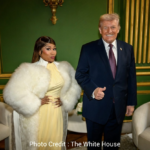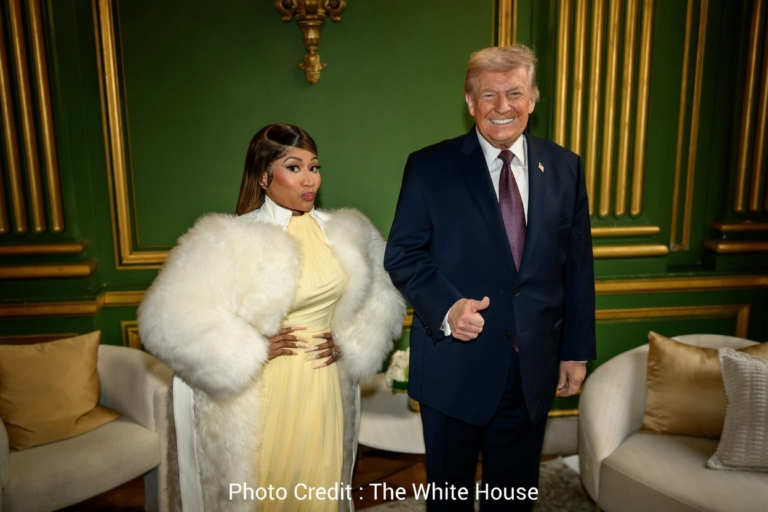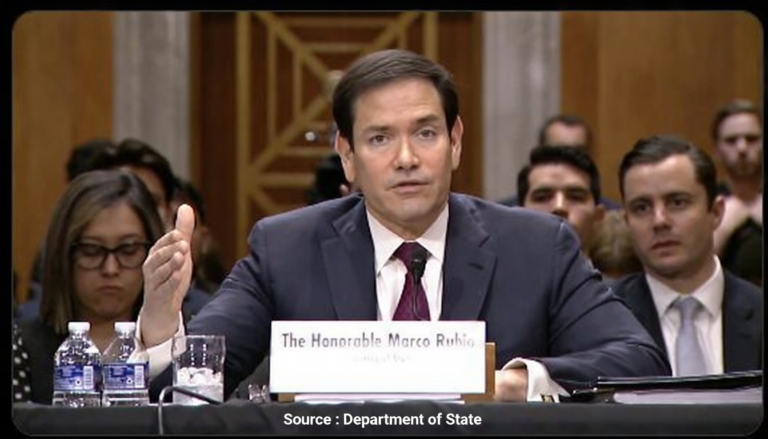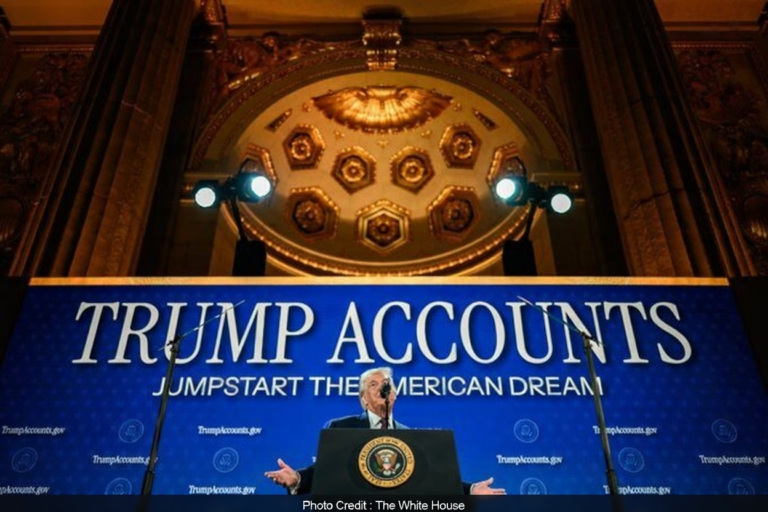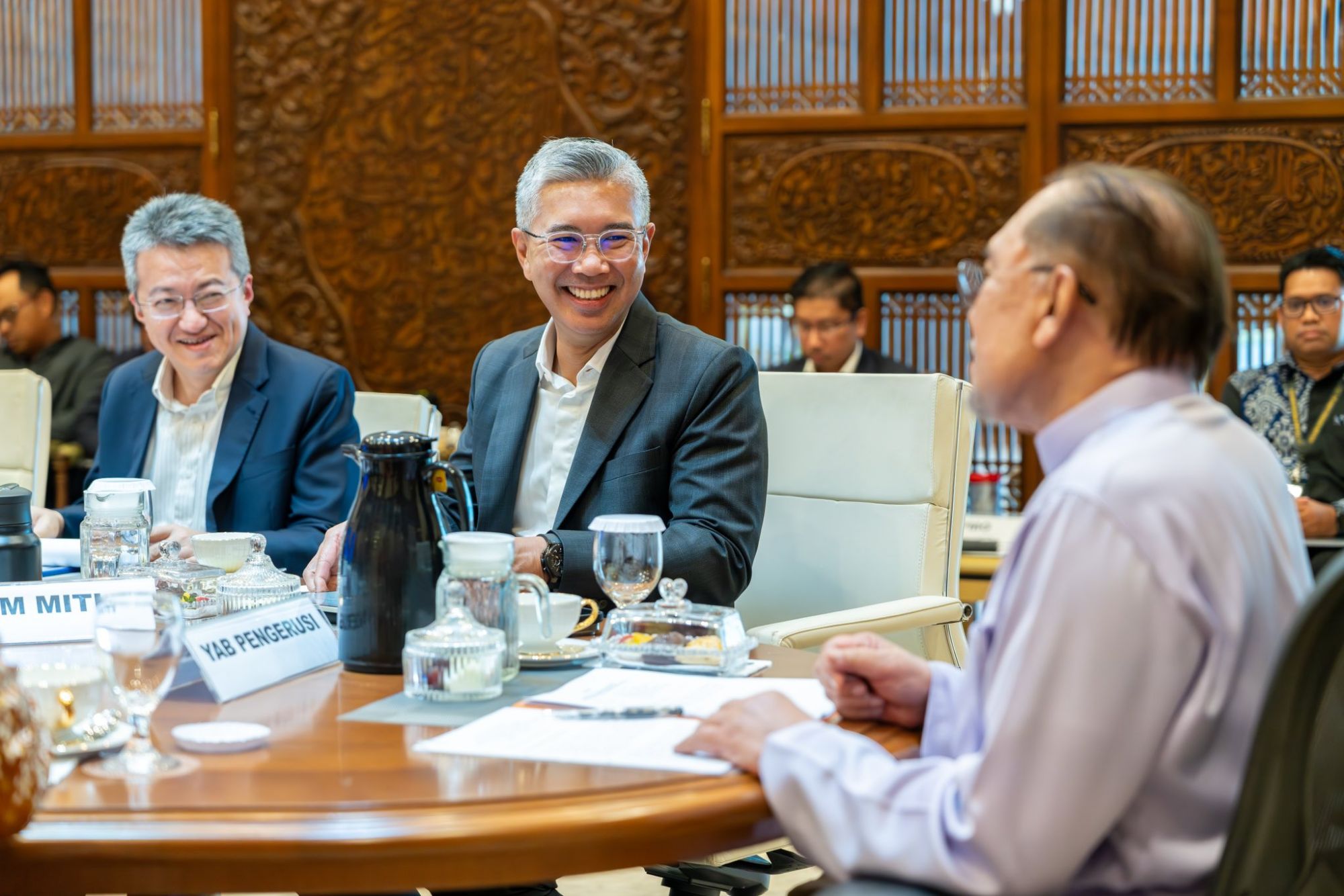
KUALALUMPUR, Malaysia, August 1, 2025 – Malaysia has secured a reduction in its reciprocal tariff rate with the United States from 25% to 19%, following a phone call between Prime Minister Anwar Ibrahim and President Donald Trump, the Malaysian government announced today.
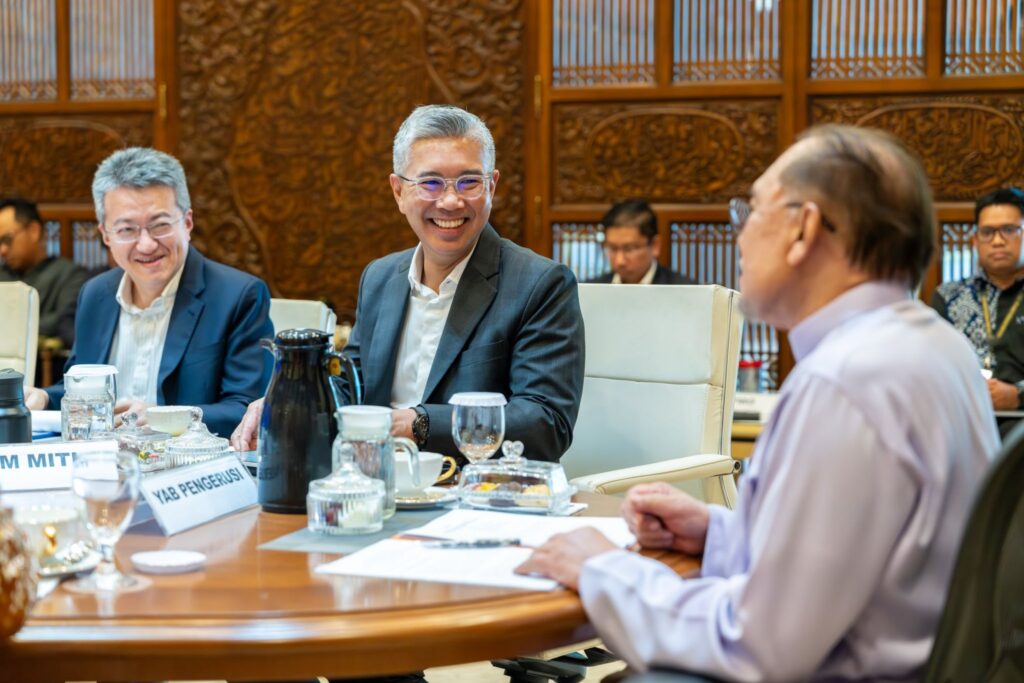
The adjustment was formalized through a US Executive Order issued on July 31, modifying reciprocal tariff rates for several countries, including Malaysia. The new rate is described as roughly equivalent to those applied to other ASEAN nations, providing a boost to bilateral trade ties established over 68 years.
“We feel that the 19% rate is fair and roughly tracks the rate of other countries in the Southeast Asian region,” said the Minister of International Trade and Industry (MITI) Tengku Datuk Seri Utama Zafrul Abdul Aziz during a press conference. “This reduction is a win-win outcome for both Malaysia and the US, demonstrating a strong and constructive relationship.”
Exports of semiconductors and pharmaceuticals from Malaysia to the US remain at 0% for now but are subject to ongoing assessments under Section 232 of the US Trade Expansion Act of 1962.
The agreement stems from extensive negotiations led by MITI’s team under Puan Mastura, which involved consultations with various ministries and agencies. Cabinet approval for Malaysia’s final offer was granted on July 25, ensuring key national policies were not compromised.
Key outcomes from the talks include:
– Tariffs and Quotas : Malaysia’s offer covered 96.4% of all tariff lines, aiming for comprehensive trade liberalization.
– Non-Tariff Barriers (NTBs) : The government views this as an opportunity to enhance Malaysia’s appeal to investors and traders. Improvements include streamlining halal certification and facility registration for US food and agricultural imports, implementing regionalization for US animal disease controls, lifting bans on sorghum and rice imports, and strengthening commitments to labor rights and environmental protections.
Addressing concerns over halal standards, the minister emphasized: “What we have agreed on with the US is to facilitate the importation of their halal meat into Malaysia, where the process will be handled by US halal certification bodies recognized by JAKIM. Compliance with Shariah remains a prerequisite for halal meat imports from all countries, including the US. The government will not budge from our position on this matter.”
The minister urged against misrepresentation of facts, noting the sensitivity of the issue and its potential to erode public trust.
Malaysia rejected several US requests to protect domestic industries, including the elimination of excise duties on automotive and tobacco products, blanket exemptions from import licensing for US goods, and full liberalization of equity requirements in strategic sectors.
– Economic and National Security : MITI has tightened controls on non-preferential certificates of origin (NPCO) since May 6, becoming the sole issuer for US exports to curb transshipment and false declarations. Exports of US artificial intelligence chips are now regulated under Section 12 of Malaysia’s Strategic Trade Act 2010. Malaysia also committed to no export restrictions on rare earth elements and critical minerals.
– Commercial Considerations : To address the US trade deficit, Malaysia will procure 60 Boeing aircraft in two phases, valued at USD19 billion total, as previously announced by the prime minister.
In closing, the minister expressed hope that the tariff certainty would benefit exporters and industry players, encouraging them to leverage Malaysia’s 18 free trade agreements for market diversification.
MITI extended thanks to the prime minister’s office, relevant ministries, agencies, the American-Malaysian Chamber of Commerce (AMCHAM), the US-ASEAN Business Council (USABC), local think tanks, and businesses for their roles in crafting Malaysia’s offer. Special recognition was given to MITI’s negotiating team for safeguarding national interests.




